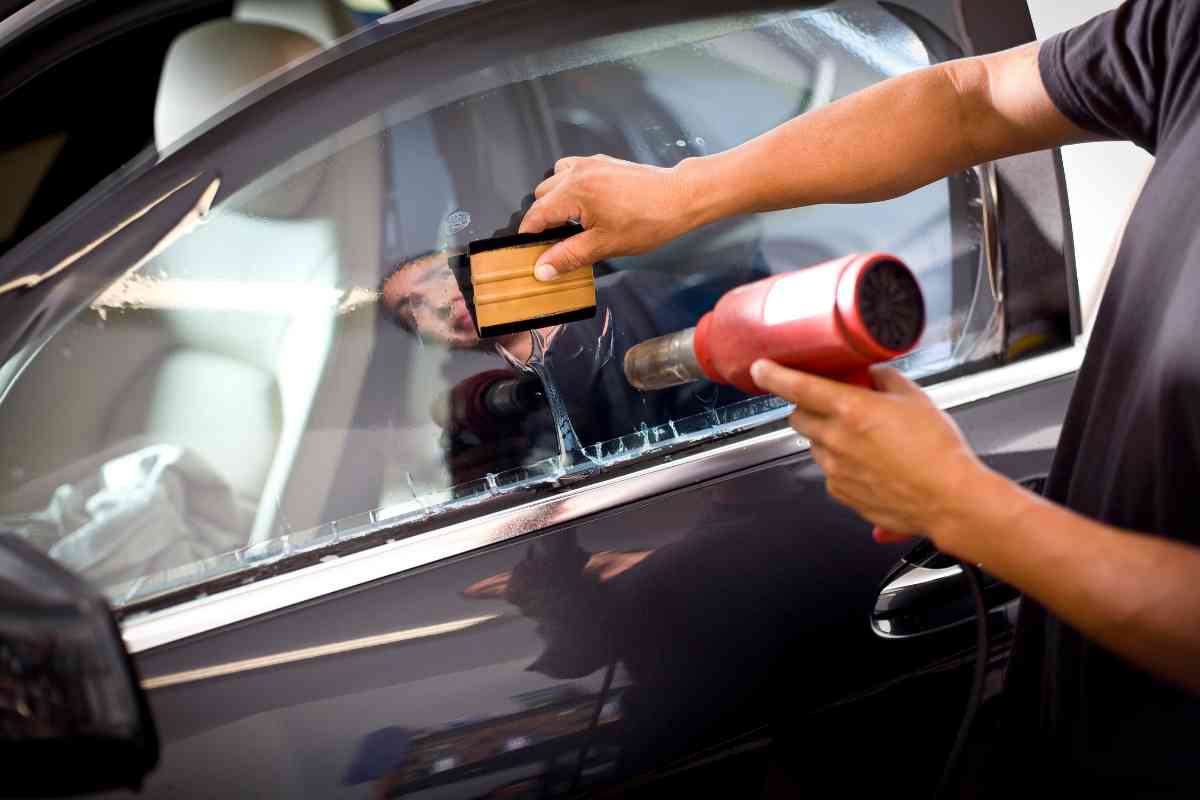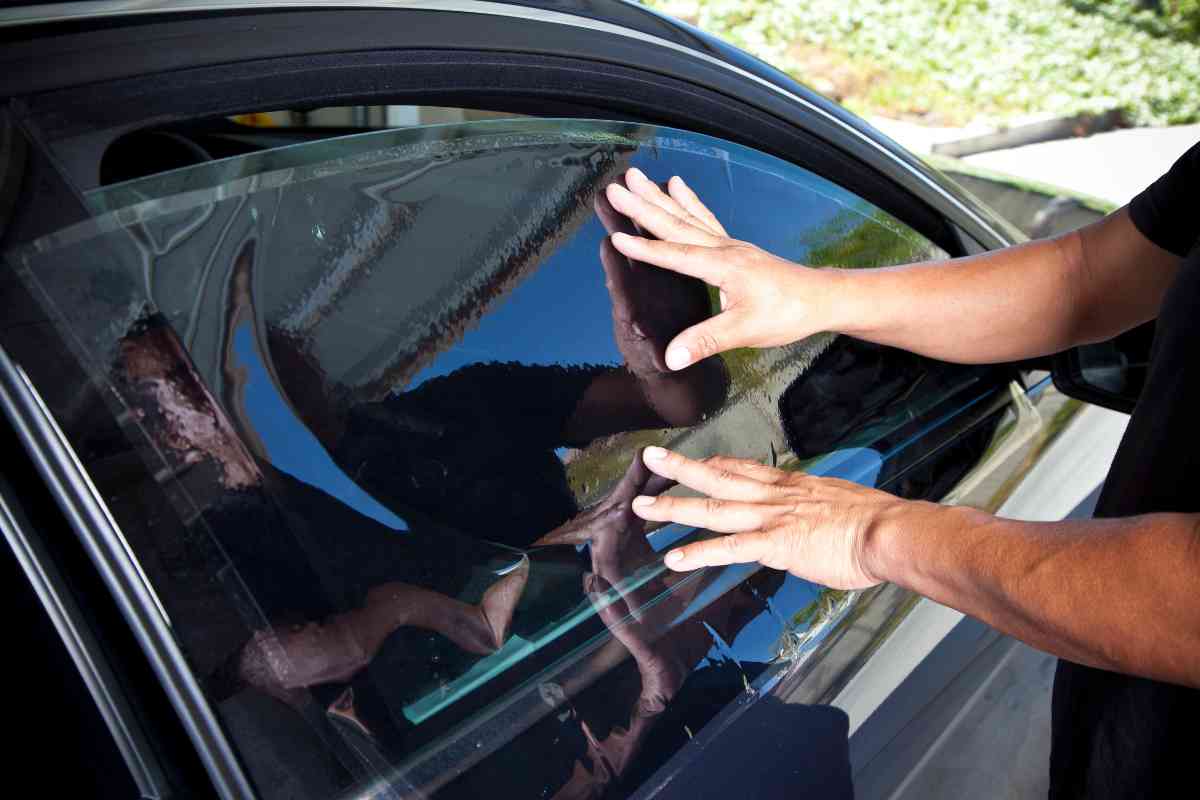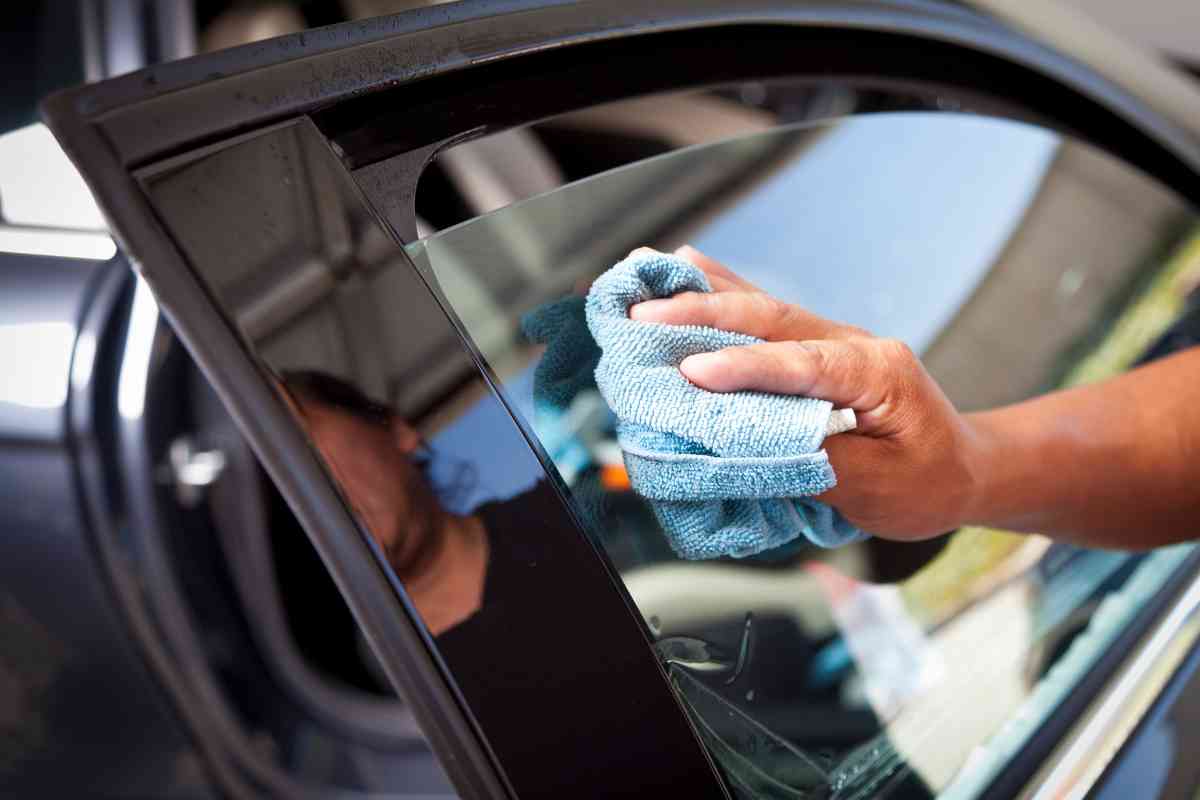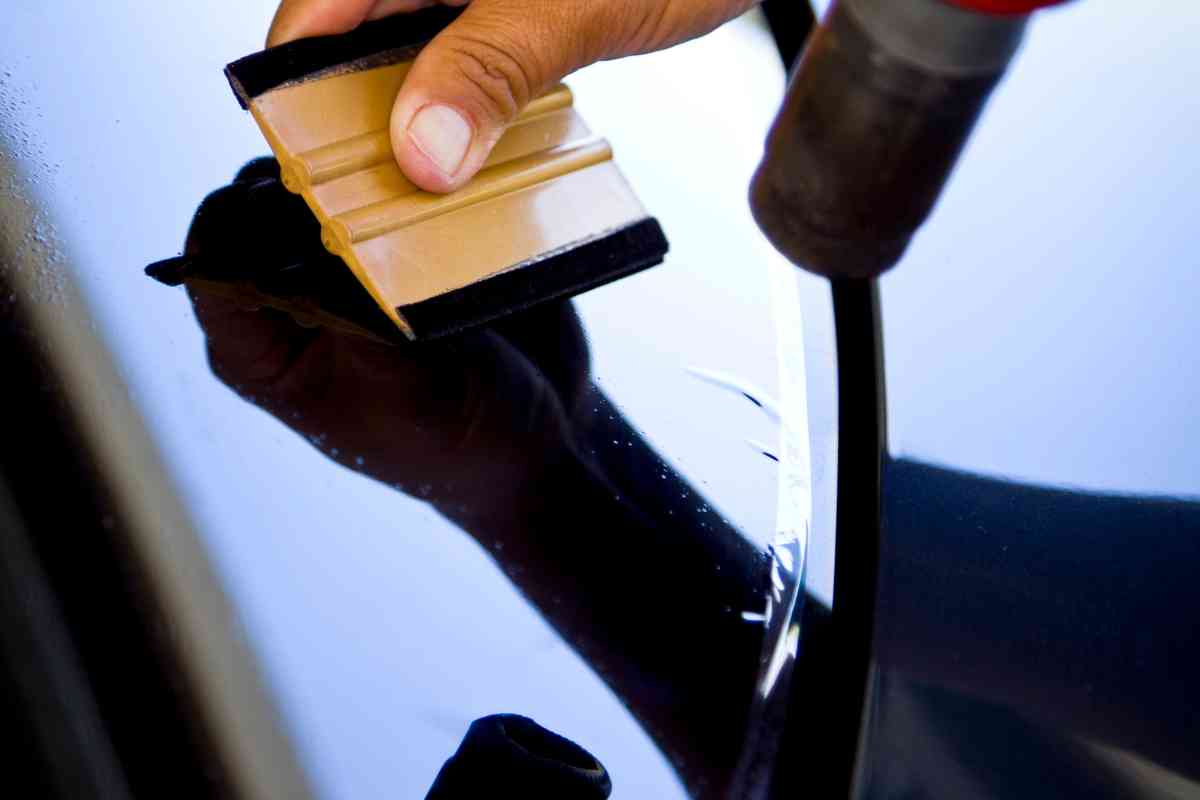Tinting Windows On A Leased Car: Rules & Regulations Explained!
Although leasing a car is a convenient alternative, dealers have established stringent rules that prevent any customization to the car.

Can you tint the windows on a leased car?
Whether you can tint a leased car depends on a few things, such as the dealer’s agreement, where you get the tinting done, and the state laws. If the dealer allows you to tint, ensure the service is professionally done. If the outcome is shoddy, you may have issues with the dealer.
Before you embark on tinting the car, ensure you are conversant with the dealer’s regulations on tinting a leased car.
Ask about any charges, fines, or penalties that come along with it. Once you have the go-ahead, do your due diligence on where to get the job done. There are very many companies that offer superb tinting services all over. Here is what we uncovered in our research.
Can You Tint A Leased Car?
The answer to this question isn’t definitive. There are several factors to consider when tinting a rented vehicle.
You must find out what are the outcomes of tinting your leased car to avoid negative consequences such as policy violation or fines. Understanding these factors will help you the next time you lease a car.
These encompass:

The Dealer’s Agreement
The dealership of the leased car will determine the window tinting guidelines, which are mostly non-negotiable.
Numerous dealers consider professional window tinting an investment that boosts the car’s resale value. This means that the tint did not damage the window in any way and left it better than it was initially.
However, if the tint is subpar with faults such as bubbles or uneven edges, you will be charged to remove the window tint.
There are multiple car manufacturing companies with somewhat lax tinting regulations. They do not charge for normal wear and tear on leased vehicles and allow window tinting. These include:
- Ford
- Porsche
- GM
- MINI
- Honda
- Mercedes-Benz
However, several significant automakers charge extra for tinted windows, citing additional wear and tear.

These companies will mostly fine you a handsome amount for adding tint to the car since it is against the recommendations. The companies are:
- Audi
- BMW
- Subaru
- Infinity
- Lexus
- Volkswagen
- Tesla
- Toyota
- Chrysler
- Volvo
Whether You Intend To Buy Out The Car
If you intend to buy out the car at the end of your lease, you may make any modifications you like. However, if you plan on returning it to the dealer, ensure you schedule an inspection, usually, 90 days before the lease expires.
The inspection helps you be advised on which customizations you can keep and which should be removed before the end of your lease.
This way, you can save money on the penalties and have ample time to have everything in order.
For example, if the inspection decides that the window tint does not match, is of poor quality, or the glass is cracked, you can fix it on time.
If you overlook the inspection and return the car with any issues, you will be charged a fine. This amount is usually significantly higher than what you would normally pay to have the issue fixed by a third party.

Who Does The Tinting
Don’t take the leased vehicle to someone that’s not certified or try to DIY, regardless of how much youtube or pinterest tries to portray the task as a simple one.
Nine out of ten times, you will encounter difficulties returning the vehicle to the dealer after the lease. Remember, the dealership is very particular about high-quality work.
On the other hand, if a professional handled the window tinting, you shouldn’t have any issues with the dealer.
Alternatively, you can ask the dealership to install the tint for you. In some instances, the manufacturers may include window tinting in their detailing packages if they do not charge for tinted windows’ wear and tear.
The best part about installing tint on your windows at the dealership is that you will be confident that the dealership will not identify any issues during the final inspection.
However, note that dealerships will not offer the most competitive prices for tint installation. But on the brighter side, your peace of mind will be intact.
What Are The State’s Requirement For Tinting A Leased Car
Most of the time, your dealer will agree to let you have professional window tinting done, but you must also follow state laws.
Many states forbid aftermarket cars from having tinted windows unless they are included as standard features at the time of purchase.
Also, most states only permit window tinting of about 30%, whether leasing or buying a car. This means the plastic film can only stop 30% of the light from passing through the glass. The glass must allow the remaining 70% of light to pass through.
To ascertain the state’s tinting regulations, it is critical to check with the dealership and the nearby DMV.
Different states allow the tinting of specific kinds of windows, except areas like Michigan, which allow it for all windows.
Rear and back windows.
- North Dakota
- Arizona
- Maine
- Delaware
- Iowa
- Missouri
- Nevada
- Vermont
- California
- New Jersey
- Ohio
- Utah
Rear window only
- Connecticut
- New York
- Texas
What Happens If The Window Breaks During Tint Installation?
If a window breaks or cracks during tint installation, the next cause of action depends on the service provider.
From The Dealer
Different dealerships have different guidelines. Ensure you ask about the guidelines before requesting the service. Some will incur the repair cost while others will ask you to pay since it was your request.
From A Third Party
You will incur the repair cost if you get the tint installed outside the dealership. It’s best to get the repair done before inspection, but do not fail to disclose this information to the inspector. Remember, they will still notice if a repair was done on the vehicle.
Key Takeaways
- Tints add to the resale value of the car.
- Get your tint installed at the dealership.
- Check your state’s laws regarding window tints.
- Schedule an inspection 90 days before the end of your lease.
